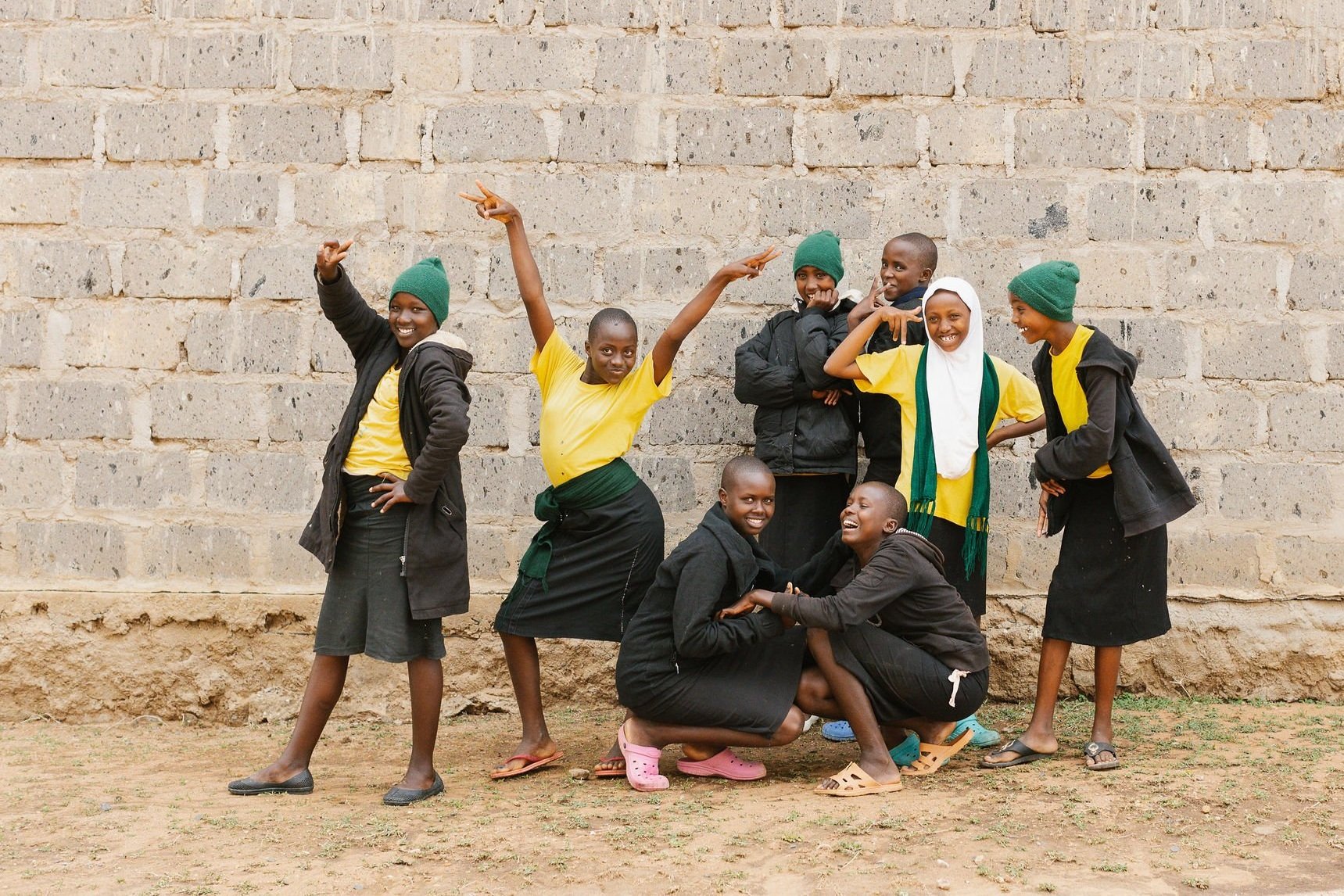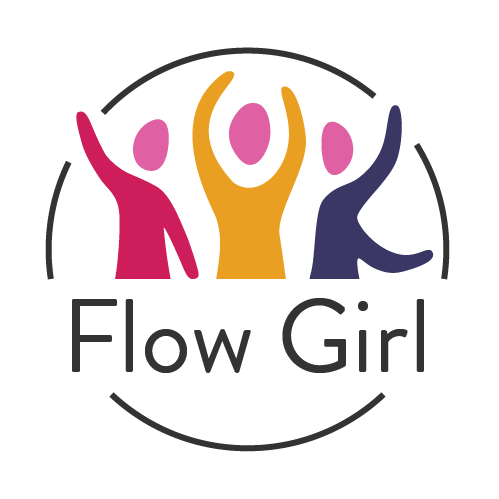
“Girls just wanna have fun-damental human rights”
When girls can not afford period products, it influences entire societies
Many girls around the world lack menstrual protection. The WHO estimates that girls in Africa miss between 25-30% of their schooling because of this. The reason is that menstrual pads are expensive and few can afford them. In Kenya 65% of the menstruators in Kenya cannot afford sanitary hygiene products. Some sell their bodies in desperate need of menstrual products. Girls who cannot afford menstrual products are forced to use cloth rags, leaves, newsprint, foam rubber, etc. Or to squat over a pit until the menstruation is over. Traditions or harassment can force girls to stay at home when they have their periods, as there is great shame and taboo around menstruation. They often miss several school days a month. In many cases, girls risk being forced to drop out of school altogether.
Period poverty is not just a feminine problem; it affects everyone in society, which is why everyone must be part of the solution.
Girls regularly missing out of education when having their period leads to consequences for society as a whole. Girls' education contributes to economic growth, limits child marriage and pregnancy at a young age, improves public health, reduces poverty and contributes to greater equality and democratic development. Girls who have received education give birth to fewer and healthier children, who in turn have a better opportunity to go to school and get out of poverty. Research shows that educating girls and women also reduces maternal mortality. Too little is being done to overcome this gigantic problem and the personal suffering that comes with it.
Flow Girl wants to be part of this change. We simply see no reason not to.



